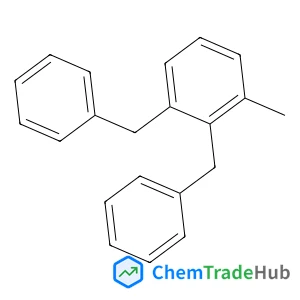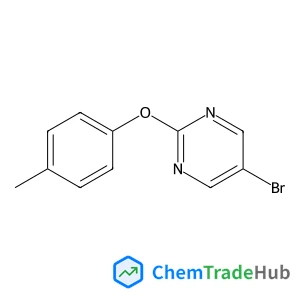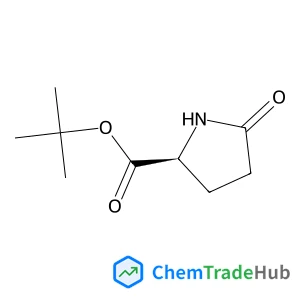A new neodymium–phosphine compound for supercapacitors with long-term cycling stability
文献情報
Xiaoyu Li, Huimin Chen, Chenyu Yang, Yafeng Li
A new neodymium–phosphine compound (Nd–(Ph)3P) was used for the first time as an electrode for supercapacitors and exhibited an extraordinary capacitance of 951 F g−1 at 0.5 A g−1 with a high capacitance retention of 96% after 10 000 cycles at 10 A g−1, which is the highest capacitance for rare earth based materials in SCs. Such an excellent performance might be due to the fact that this material can provide plenty of electron-active sites for charge storage and electrolyte diffusion can be efficiently promoted.
関連文献
IF 6.843
Ether-functionalization of monoethanolamine (MEA) for reversible CO2 capture under solvent-free conditions with high-capacity and low-viscosityIF 6.367
A new neodymium–phosphine compound for supercapacitors with long-term cycling stabilityIF 6.222
Carbon-based photocatalysts for enhanced photocatalytic reduction of CO2 to solar fuelsIF 6.367
Recent developments in carbon nitride based films for photoelectrochemical water splittingIF 6.367
Vapor-fed photoelectrolysis of water at 0.3 V using gas-diffusion photoanodes of SrTiO3 layersIF 6.367
Electrocatalytic cleavage of lignin model dimers using ruthenium supported on activated carbon clothIF 6.367
Increasing efficiency of perovskite solar cells using low concentrating photovoltaic systemsIF 6.367
Photoactivatable fluorophores for durable labelling of individual cellsIF 6.222
Enhanced power performance of an in situ sediment microbial fuel cell with steel-slag as the redox catalyst: I. electricity generationIF 6.367
掲載誌
Chemical Communications
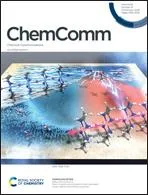
ChemComm publishes urgent research which is of outstanding significance and interest to experts in the field, while also appealing to the journal’s broad chemistry readership. Our communication format is ideally suited to short, urgent studies that are of such importance that they require accelerated publication. Our scope covers all topics in chemistry, and research at the interface of chemistry and other disciplines (such as materials science, nanoscience, physics, engineering and biology) where there is a significant novelty in the chemistry aspects. Major topic areas covered include: Analytical Chemistry Catalysis Chemical Biology and medicinal chemistry Computational Chemistry and Machine Learning Energy and sustainable chemistry Environmental Chemistry Green Chemistry Inorganic Chemistry Materials Chemistry Nanoscience Organic Chemistry Physical Chemistry Polymer Chemistry Supramolecular Chemistry
おすすめサプライヤー
 上海沪東鍋爐廠
上海沪東鍋爐廠 Schwedes + Schulze Schüttguttechnik GmbH シューデス + シュルツェ
Schwedes + Schulze Schüttguttechnik GmbH シューデス + シュルツェ ARICON Kunststoffwerk GmbH
ARICON Kunststoffwerk GmbH Sohena GmbH
Sohena GmbH Waagen Scheffknecht有限公司
Waagen Scheffknecht有限公司 BIOLAB GmbH
BIOLAB GmbH 上海旭升精密化工技術研究所
上海旭升精密化工技術研究所 北京ワービソンテクノロジーズ有限公司
北京ワービソンテクノロジーズ有限公司 東莞市創昇機械設備有限公司
東莞市創昇機械設備有限公司 イ有意思的翻译有点问题,应该是无锡嘉屹化工有限公司\n无锡嘉屹化工有限公司
イ有意思的翻译有点问题,应该是无锡嘉屹化工有限公司\n无锡嘉屹化工有限公司










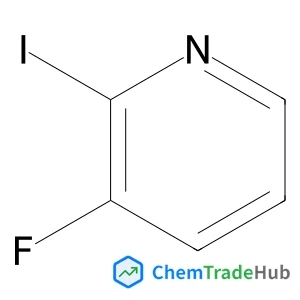
![503070-57-3 - 2-[2-(6-Bromohexyloxy)ethoxymethyl]-1,3-dichlorobenzene 503070-57-3 - 2-[2-(6-Bromohexyloxy)ethoxymethyl]-1,3-dichlorobenzene](/structs/503/503070-57-3-bc25.webp)
